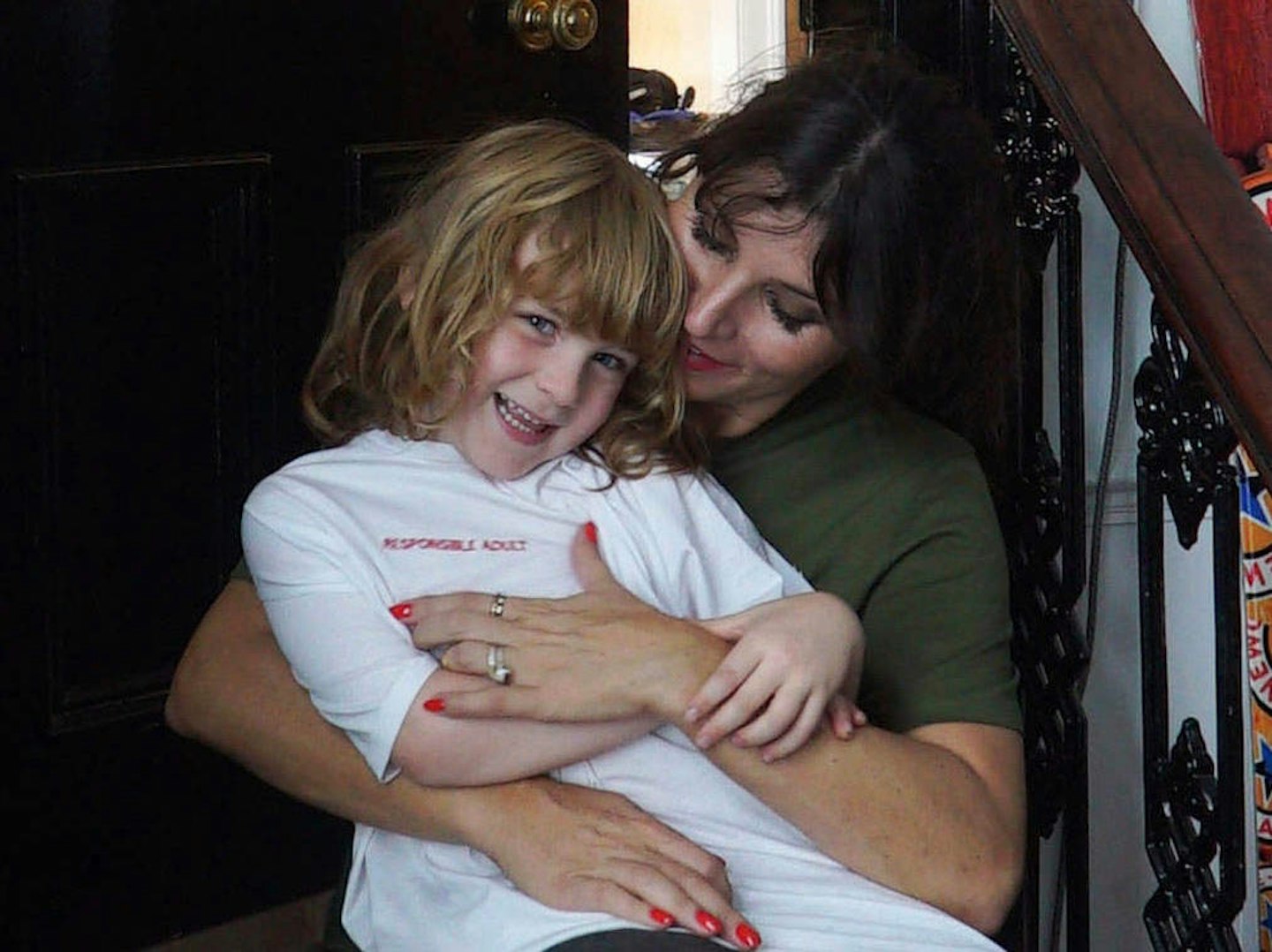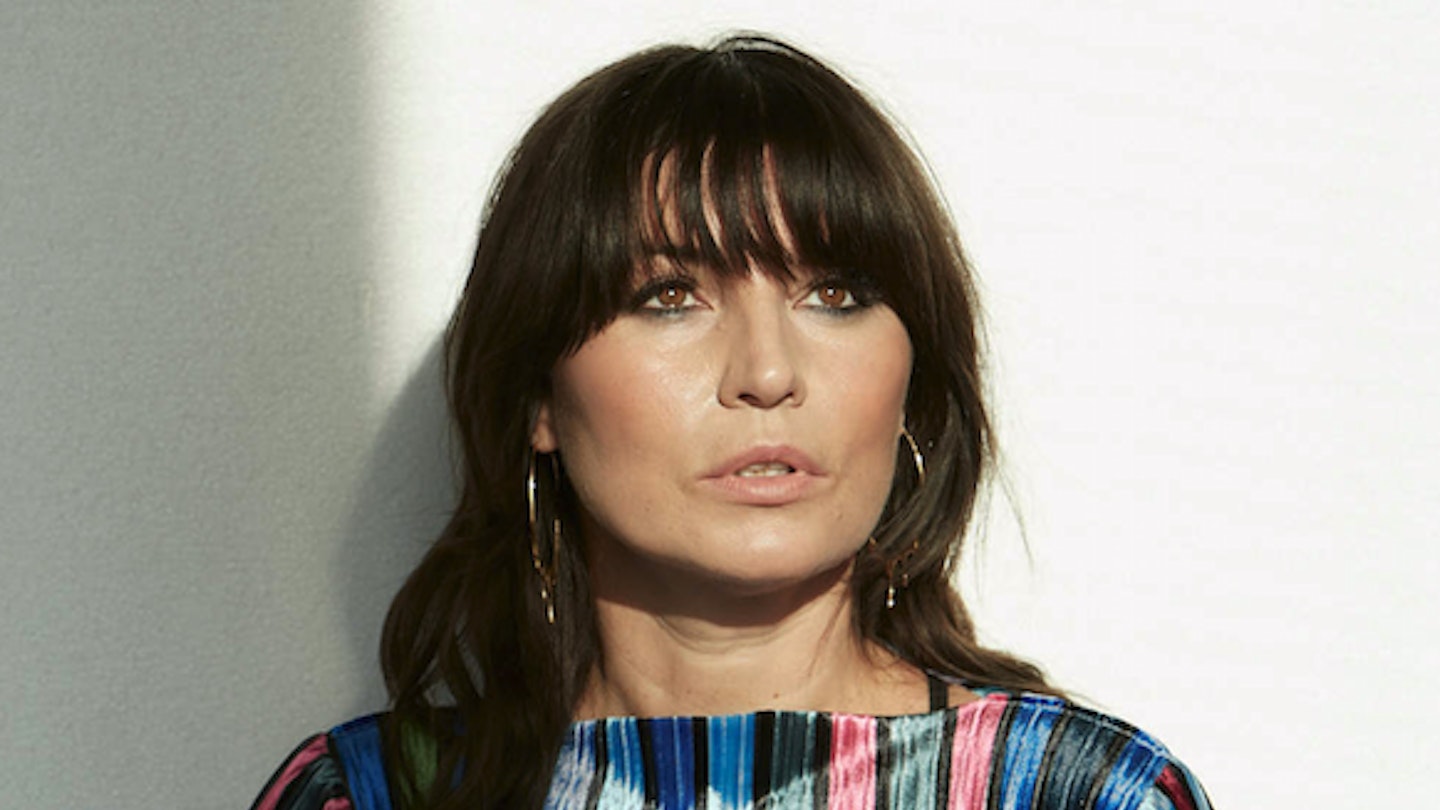It felt like my mum was dying for about 10 years – probably because long before she died, she had already given up on living. For me it was a painful, grief-stricken period during which I freaked out every time the phone rang, wondering if this would be the call to tell me she was gone.
My dad hadleft us when I was 18 months old, and my mother had been consumed with an eating disorder since the age of 15. She just about functioned with it, but bulimia had starved her brain and her mental health had deteriorated; she self- medicated with alcohol. Mum desperately wanted to be loved – but her addiction made it so very hard. She was volatile and aggressive; depending on how much she drank, she either became remorseful or vile. I never knew what I was going to get and, while trying to build a career as a fashion stylist and undo some of the damage of my upbringing, there were times when I had to cut the ties for my survival. I still wonder if it would have been different if I’d put aside my needs to stop her from going under.
Mum died of heart failure at 60, five years ago and eight weeks after my son Larkin was born. It felt like a very mundane end to a very dramatic life: her tiny body found on the living-room floor by a carer. I had moved back to Hertfordshire, where she lived, and I was trying to help her. She was in a bad way financially, her house was unsanitary and it was clearly the end. I don’t know who it hurt more when I wouldn’t let her hold Larkin at two days old – it must have taken a huge mental effort for her to come to the hospital with my sister, but she just didn’t look clean.
The experience was complicated by the fact that I was struggling with my own life. I had not enjoyed being pregnant. I had come from a career in fashion and TV presenting and I had a complex relationship with my own body. I didn’t consider myself to have an eating disorder, but I didn’t have a healthy relationship with food – so when I was ‘eating for two’, I found the results hard to deal with. I couldn’t get my head round how my body didn’t feel like my own. My husband and I had been one of those couples who’d lived a full-on party lifestyle. We’d had a showy wedding and I got pregnant a few months later. But we were broke. We moved into a room off my stepdad’s garage while we saved up. It was not a happy time.

Larkin was born by emergency C-section because his umbilical cord was wrapped around his middle. It was a traumatic birth and when, at 4.45am, I was holding a baby and feeling grateful to be alive, I was also in the worst pain I’ve ever known. That was the moment that I was meant to look at him and think ‘I’ve fallen selflessly in love with you’ – but I didn’t. I wanted to breastfeed but struggled – and when the fateful phone call about my mother came, my milk dried up and I had to give up altogether.
It’s sad to say, but I think Mum’s death freed us all from her pain. I felt numb for a year, but it was also a time of new beginnings. We finally moved into our house and, for a long time, I felt like I was doing a great job of looking a er someone else’s baby. But it was Larkin who started to shine a light though the fog: those beaming smiles when I came to get him from his cot, his developmental stages that I could use as positive stepping stones out of the darkness.
Being brought up by someone with myriad mental health problems, I felt like I didn’t get much parenting myself, so I don’t have a blueprint on how to do it. I guess that allows me to parent the way I want, but it often feels like I’m driving too fast and with no map. Small things are rewarding, like reading and dancing with him, trying to nurture his personality and teach him the things that I didn’t get from my mother. We chose the name Larkin in reference to the Philip Larkin poem This Be The Verse: 'They fuck you up, your mum and dad. They may not mean to, but they do’. I needed a reminder to do my best by him, even when I’m struggling with my own challenges.
I’ve often thought about counselling, but haven’t taken that leap yet. At first I was just trying to keep Larkin and myself alive, and I didn’t know where to start with all the complexities of my grief. If my mother has taught me anything, it’s that taking care of our mental health is our own responsibility – for us and all of those around us
